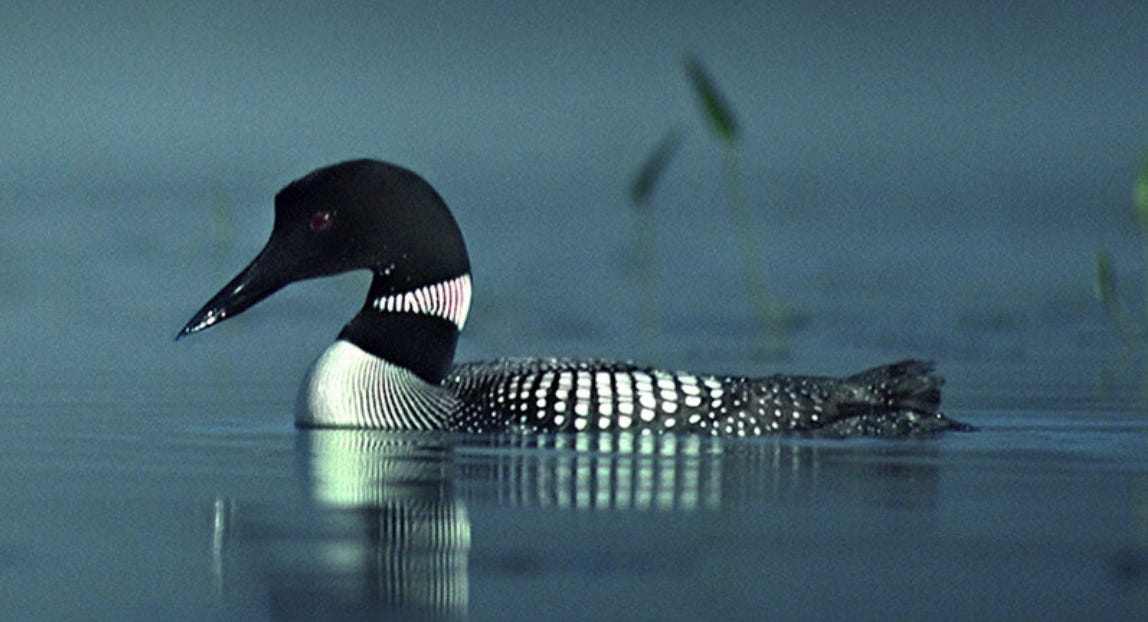1. Fortune favours the shrewd
“Attaining and then maintaining power – defined as the ability to direct, control, or influence the behaviour of other creatures or resources – lies at the heart of almost all animal societies…
“Animals spy on rivals for power, display power in different ways depending on their audience, form coalitions to rise in rank, and camouflage themselves to climb the power ladder. All of this is completely reshaping how we think about nonhuman power struggles.”
https://aeon.co/essays/its-not-enough-to-be-the-toughest-animals-must-be-shrewd-too
Strategists continue to benefit from ornithologists’ research into the behaviour of species such as loons, penguins, chimpanzees, and capuchins, using new data-gathering techniques …
2. How to navigate the next recession
“A better way to think about a recession, if it comes, is to look at America as it is today. Consider three different facets: the real economy, the financial system and the central bank. All three, working in concert, suggest that a recession would be relatively mild. Households and businesses’ balance-sheets are mostly strong. Risks in the financial system appear to be manageable. The Fed, for its part, has been too slow to respond to inflation, but the credibility it has built up over the past few decades means it can still fight an effective rearguard action.”
However, single-point-in-time assessments are only useful for relatively brief periods, and require regular updating. Would today’s strategists agree with a judgment of “mildness”?
3. How to detect crop-damaging insect species using espionage tech
“The company’s device, FlightSensor, has been in full-scale tests on farms since 2020 and is about to be made generally available. It does not trap insects. Rather, it scans them with a laser as they fly by. The developers’ insight was that the shadows of passing wings produce the same oscillating signal as the sound of the wing beats recorded by a microphone. This approach is similar to bouncing a laser beam off a glass window to detect the vibrations of a conversation in the room beyond, a technique employed in espionage for decades.”
Insights cut both ways - strategists can apply learnings from biology to other areas of interest - and strategists can apply learnings from other areas of interest to biology...
4. How to detect cheating in chess
“His over-the-board progress has been unusual, and throughout our game in the Sinquefield Cup I had the impression that he wasn’t tense or even fully concentrating on the game in critical positions, while outplaying me as black in a way I only think a handful of players can do. This game contributed to changing my perspective.”
https://www.theguardian.com/sport/2022/sep/27/magnus-carlsen-hans-niemann-chess-cheating
We’ve written earlier about chessmaster Magnus Carlsen and his strategies for chess-playing (of particular note, his disdain for others’ controversial use of AI). He continues to influence standards for the top levels of chess with this move against perceived cheating…
5. Tools for managing a balance sheet under uncertainty
“Finance chiefs who dust off their finance textbooks will be reminded that returning capital to shareholders and investing it are two sides of the same coin: capital which cannot be invested at a rate exceeding its cost should be handed to shareholders, who can put it to better use elsewhere. Dividends and share buy-backs are not, on this view, backward-looking celebrations of high profits. They are a forward-looking pursuit of shareholder value. Even so, shifting from capital returns to investment, while keeping a beady eye on profits and interest rates, will require cfos to show off those juggling skills.”
https://www.economist.com/business/2022/07/19/how-to-manage-a-balance-sheet-in-troubled-times
A straightforward guide to finance strategists thinking through the implications of today’s markets for capital structure, investor returns, and investment…




